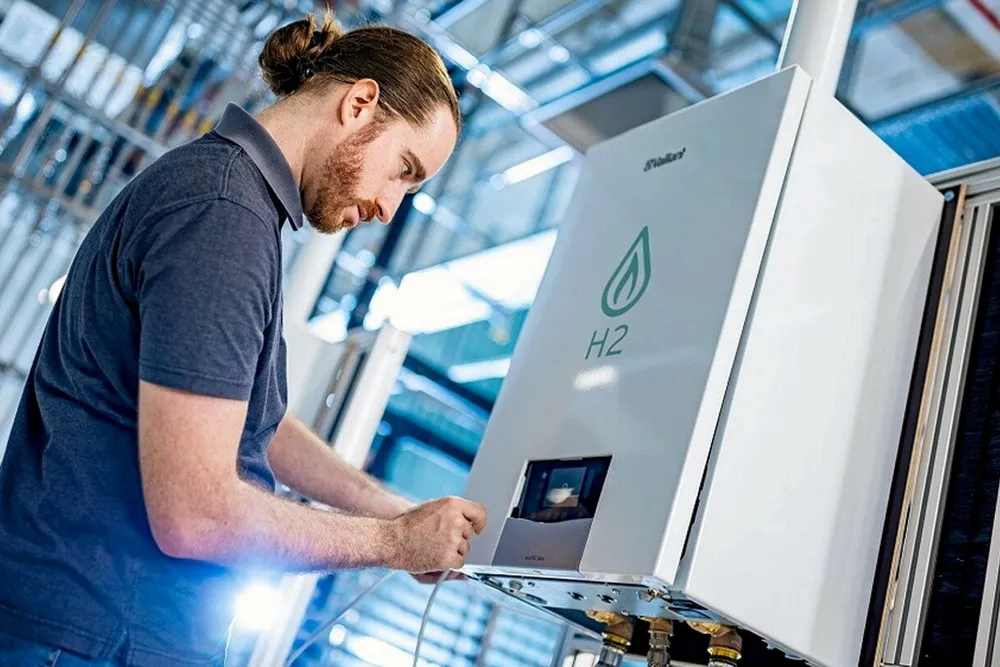Hydrogen heating | Ongoing uncertainty over H2's future role may be harming decarbonisation: watchdog
National Audit Office suggests the UK government should bring forward a planned 2026 decision on the use of hydrogen in heating to help stimulate demand for heat pumps
